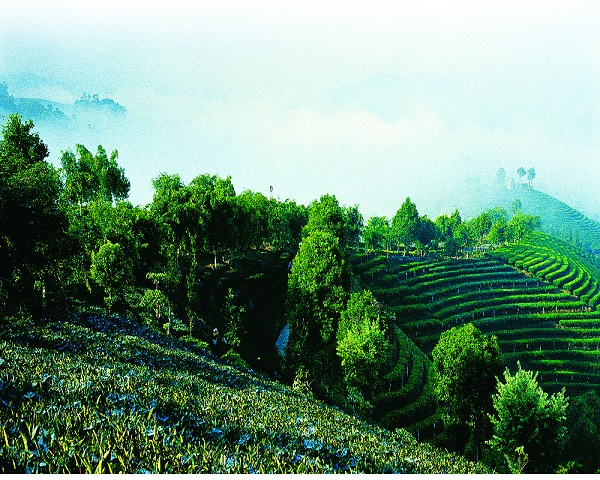
Introduction to the Urban Area of Kunming
Kunming, the capital of Yunnan Province in southwestern China, is known as the "City of Eternal Spring" due to its pleasant climate. Situated at an altitude of 1,892 meters (6,207 feet) above sea level, the city enjoys mild weather year-round, making it a popular destination for both tourists and residents.
Historical Background
Kunming boasts a rich history that dates back over 2,400 years. It was an important hub on the ancient Southern Silk Road, facilitating trade and cultural exchanges between China, Southeast Asia, and beyond. The city's historical significance is reflected in its numerous cultural and historical sites, such as the Yuantong Temple, Golden Temple, and the ancient Dianchi Lake area.
Modern Development
Kunming has rapidly modernized over the past few decades, transforming into a vibrant urban center with a population of over 7 million people. The city is a key economic and transportation hub in Yunnan, with a well-developed infrastructure including the Kunming Changshui International Airport, one of the largest in China, and an extensive network of highways and railways.
Economy
Kunming's economy is diverse, with significant contributions from agriculture, manufacturing, and tourism. The city is a major producer of flowers and horticultural products, earning it the nickname "Flower City." It also has a strong manufacturing sector, with industries ranging from electronics to machinery and pharmaceuticals. Additionally, Kunming serves as a gateway for trade with Southeast Asia, particularly through the China-ASEAN Free Trade Area.
Culture
Culturally, Kunming is a melting pot of various ethnic groups, including Han, Yi, Bai, Hani, and others. This diversity is celebrated through numerous festivals, traditional music, dance, and cuisine. The city's cultural scene is vibrant, with many theaters, museums, and galleries. The Kunming Museum and the Yunnan Provincial Museum are notable for their extensive collections of artifacts and exhibits on local history and culture.
Tourism
Tourism plays a crucial role in Kunming's economy. The city is renowned for its natural beauty, with attractions such as the Stone Forest, a UNESCO World Heritage site, and Dianchi Lake, which offers picturesque views and recreational activities. The Western Hills, with their scenic spots and ancient temples, are another popular destination. Kunming's botanical gardens, including the Expo Garden and the Black Dragon Pool, showcase the region's rich plant diversity.
Education and Research
Kunming is also a center for education and research, home to several prestigious institutions such as Yunnan University, Kunming University of Science and Technology, and Yunnan Normal University. These institutions contribute to the city's vibrant academic atmosphere and attract students and researchers from around the world.
Transportation
Transportation in Kunming is highly developed, with the Kunming Metro providing efficient public transit within the city. The city's strategic location makes it an important logistics hub, with comprehensive rail connections to other major Chinese cities and neighboring countries.
Environmental Initiatives
Kunming has made significant efforts to promote sustainable development and environmental protection. The city has implemented various green initiatives, including the promotion of electric vehicles, extensive green spaces, and efforts to improve air and water quality. The Eco-City project in Chenggong New District is a notable example of Kunming's commitment to sustainability.
Conclusion
Kunming is a dynamic city that harmoniously blends its rich historical heritage with modern development. Its pleasant climate, diverse culture, and strategic location make it an attractive destination for tourists, a thriving economic hub, and a center for education and research. The city's ongoing efforts in sustainable development further enhance its appeal, positioning Kunming as a leading city in southwestern China.



